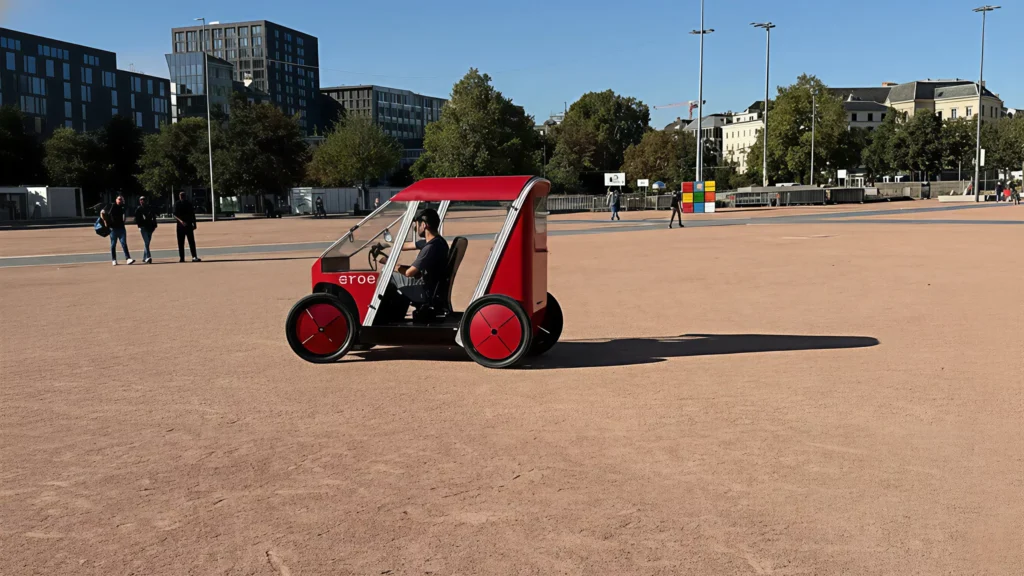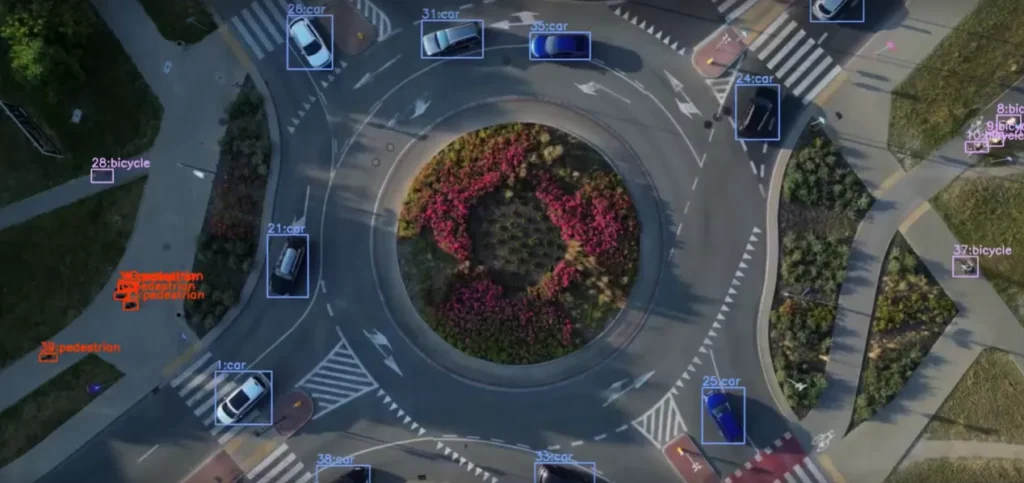






From EVs and batteries to autonomous vehicles and urban transport, we cover what actually matters. Delivered to your inbox weekly.

Shared e-scooters are getting a serious upgrade. And cities are paying attention.
Bird and Segway have partnered to launch a new generation of electric scooters and e-bikes built for shared use, modular repair, and regulatory approval.
The updated fleet, which begins rolling out this summer across North America, aims to tackle the durability, safety, and sustainability issues that have long plagued the micromobility industry.
The new lineup includes three vehicles — Bird Dash, Bird Explorer, and Bird Journey — each co-developed to withstand the demands of city life: harsh weather, heavy ridership, and constant use.
Key upgrades include:
IPX7 water resistance for all-weather use
Reinforced frames to handle daily wear
Modular parts that speed up repairs and reduce waste
The Bird Journey e-bike also stands out with a 90 km range, cutting downtime for charging or swaps — a major win for fleet efficiency.
Beyond hardware, the refresh focuses on circularity. All three models feature:
Recycled components in frames and plastics
Fully recyclable packaging
A closed-loop design strategy aimed at reducing environmental impact across the vehicle’s lifecycle
Bird and Segway’s new models also address rising regulatory scrutiny with significant safety upgrades:
Dual braking systems
UL2272 and UL2849 safety certifications
Pedestrian-detection sensors for safer street interactions
During early rollout phases, cities reported a 40% increase in ridership, likely tied to the improved stability, braking, and comfort of the new designs.
For municipal regulators, this launch could ease several common pain points:
Standardized, certified vehicles simplify permitting and fleet audits
Longer lifespan and modular repairs reduce clutter and maintenance overhead
Improved user experience may shift mode share away from cars in key corridors
Several U.S. cities are currently tightening micromobility license caps, revising infrastructure policies, or demanding stricter compliance from operators. This rollout positions Bird to stay competitive and potentially rebuild trust after past fleet quality concerns.
Bird and Segway’s updated fleet shows where shared micromobility is heading: more durable vehicles, clearer safety standards, and better support for city rules.
By focusing on modular parts, certified components, and recycled materials, they’re aiming to make fleets easier to maintain and easier to approve.
As more cities introduce stricter permits and infrastructure requirements, the companies that meet those expectations will have a clear advantage.